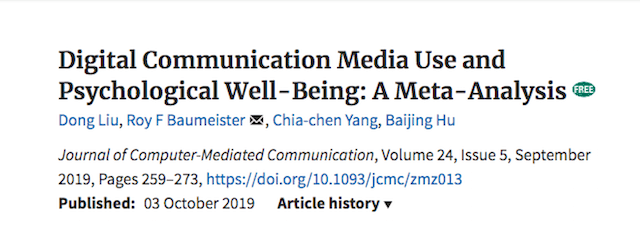
It’s been about a month since I proposed the Analog January Challenge. Accordingly, I’ve begun to receive reports from those who’ve made it through a full four weeks of enhanced analog activity.
I thought it would be interesting to share one of these case studies…
One of the first reports I received was from Edward (not his real name), a young man living in London, who ended up traveling to Florida to visit family during the month.
Edward claimed that jet lag complicated the READ piece of the challenge, but he still managed to finish two biographies, a non-fiction book on psychology, and Gone With the Wind. He also started Little Women, as he figured it was probably smart to have read the book before going to see the Greta Gerwig film.
As for the MOVE piece, Edward noted that “London really does save my butt on this one.” While in the city, he found it both easy and enjoyable to walk its historic streets, observing his surroundings and allowing his own thoughts to keep him company. When the “crazy city noise” got overwhelming, he’d find refuge in Hyde Park.
Edward’s time in Florida, on the other hand, was a different story. As he explained, unless you live in one of the Sunshine State’s big cities, “the incentive to move for any reason is severely curtailed.”





